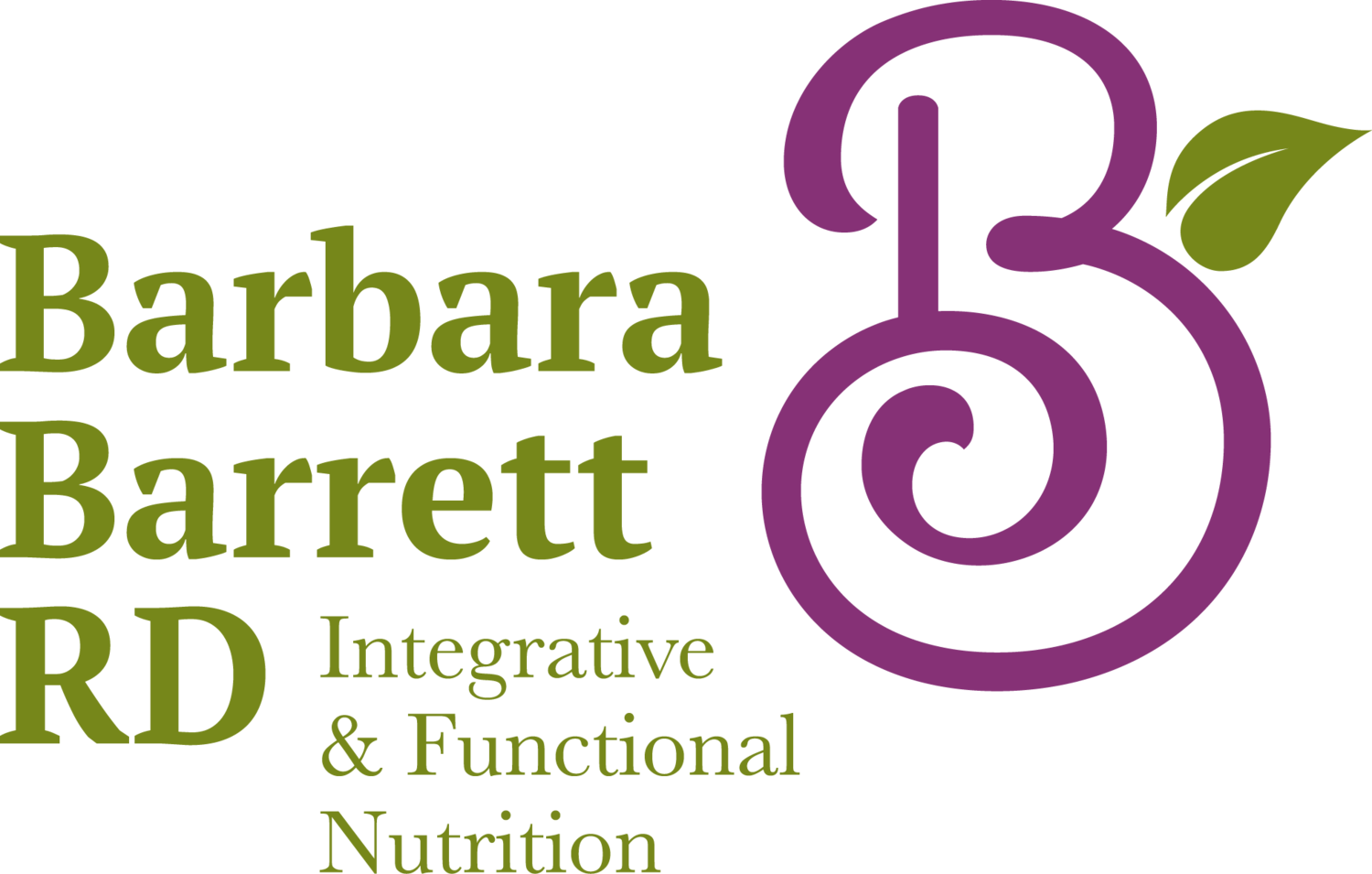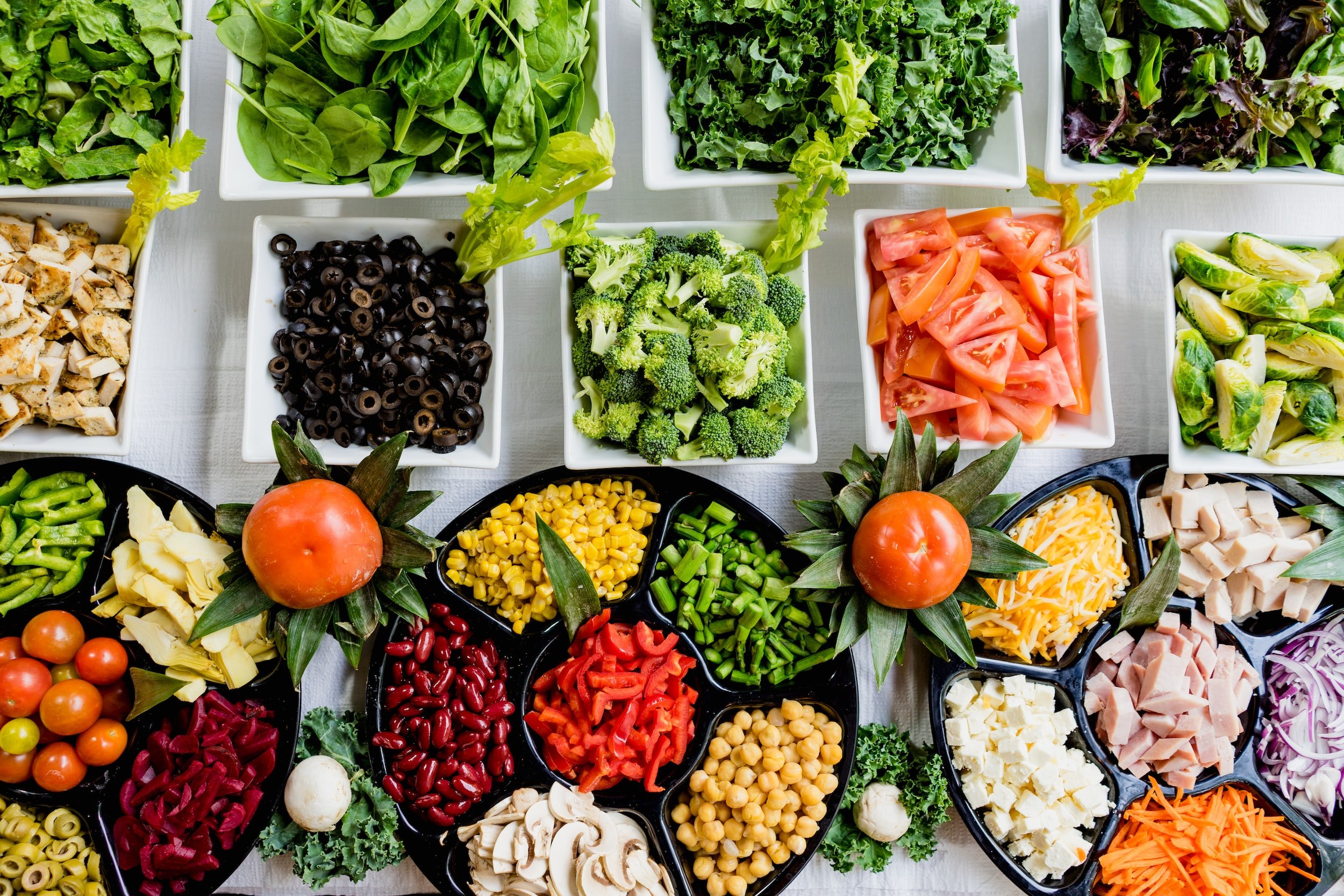It’s Time to Support Your Digestive System
A 5-minute read.
It is easy to take your digestive system for granted, until there is a problem, then digestive issues can become all-encompassing. Stomach pain, gas, bloating, diarrhea, frequent bowel movements, constipation, even night sweats and unexplained weight loss or gain are some signs of poor digestive health that people regularly live with and believe are normal. Uncomfortable or painful gut symptoms are NOT normal and indicate that it is time to support your digestive system.
The Prevalence of Digestive Issues
A 2013 study revealed that 74% of all participants had experienced digestive discomfort for six months or more, yet only 37% sought help from their doctor. Additionally, 56% of those who experienced discomfort didn’t seek medical help because they didn’t believe their symptoms required medical attention.
Do Not Ignore Signs and Symptoms
Ignoring digestive issues or gastrointestinal pain is a dangerous approach to take. Sometimes digestive distress is symptomatic of a deeper medical issue that requires medical attention. It is important to talk to your doctor if you experience ongoing or severe digestive symptoms to understand what is really going on and ensure it’s nothing serious.
What if it’s your Gastroenterologist says nothing serious is wrong?
The good news is that if a diagnosed digestive disease is not the reason for your symptoms, it’s often possible to get your digestion back on track by making a few targeted diet and lifestyle tweaks.
Good Digestion Starts with Chewing Your Food
Simple but effective - chewing your food properly - supports the digestive process and makes nutrient absorption easier for your body. Chewing begins the digestive process. Mechanically, it breaks food into smaller pieces to increase its surface area so that your digestive enzymes can get to work more effectively and you will absorb more nutrients. Chewing also triggers the production of saliva which contains the first enzyme in a cascade of digestive enzymes, each triggering the next to achieve complete digestion and absorption of nutrients from your food. Aim to chew whole foods for at least 20 chews. It is difficult for most people and takes practice.
Eating too quickly, while distracted (like your cell phone) or on the go are often reasons we don’t chew our food well enough. It is important to set aside ample time to enjoy your meals. If this is new for you, try scheduling meal times like any other priority to help fortify the habit in the beginning.
Digestive Health Tests Can Uncover Imbalances
Optimizing digestive health is one of the first issues I focus on with a new client. I have a full toolbox of strategies to evaluate your digestion and uncover issues that may be at the root of your symptoms, including:
GI testing to check your microbiome health and to see if you have infections. I use the GI Map by Diagnostic Solutions Lab and GI Effects by Genova Diagnostics test regularly in my practice and I am trained to interpret the results. See sample reports for
Genova Diagnostics GI Effects here
Diagnostic Solutions Lab GI Map here.
Testing for markers of inflammation (much low grade chronic infection starts in the gut)
Checking digestive enzyme levels
Rule out infection (many GI infections can live in the gut for years causing poor digestion, absorption and inflammation)
Food sensitivities and intolerances (like gluten and lactose)
Elimination Diets (with are not nearly a bad as the name suggest)
Eat a Digestion-Focused Diet
An organic, anti-inflammatory diet will support your digestive system.
High Fiber foods absorb water and other fluids to form a gel-like substance that feeds the good bacteria in your digestive system and soothes the gut wall. This helps provide bulk, which eases the passing of waste through your system, which I have seen relieve constipation and diarrhea.
Fewer Irritants (very spicy foods and alcohol)
Reducing sugar and caffeine also aids in the digestive process by reducing irritation that is often caused by gas and unfriendly bacteria - the bacteria that causes gas and cramping feeds off sugar and multiplies.
Eating probiotic rich, fermented foods like unsweetened yogurt, kimchi, kefir, miso, and sauerkraut.. Probiotics battle bad bacteria in your digestive system and lower the ph levels in the colon which supports your gut lining and aids in absorbing nutrients.
Healthy Fats encourage gallbladder function which supports the absorption of minerals from your food. Healthy options including avocados, nuts, seeds and their oils as well as fatty fish are all great ways to support your digestive cascade while nourishing your body the right way.
Drink Plenty of Water, Just Not a Lot With Meals
Dehydration and constipation go hand in hand. Water is needed to produce digestive enzymes, it helps move nutrients from your food into your cells, it supports your fiber intake by keeping soluble fiber hydrated and puffy so it can do its job of “sweeping” the digestive tract, and it is a crucial part of muscle movement - remember that your gut is a long tube made up of muscles that need to contract in a coordinated wave-like motion. Avoid drinking excessive fluid with meals because it can dilute stomach acid.
Reduce Stress at Mealtimes
In “fight or flight” mode the body redirects water from your digestive system to serve the immediate survival need, so high stress over time causes constipation and a host of digestive symptoms. Keeping stress low is particularly important during mealtimes as the body needs to be in a state of calm for digestion to occur at all.
Slow down and make a conscious effort to sit down at a table to eat your meal. Turn off any screens, take slow, deep breaths and pay attention to the pleasure of good food, and if you’re lucky, good company. This will help put your body into “rest and digest'' mode and enable the body to do what it needs to do next in the digestive cascade.
Walk after a meal
Digestive health pioneer Dr. Bernard Jensen famously said “After your meal, sit a while, then walk a mile.” Research has shown us that exercise can indeed improve the rate at which you digest food. Gravity and movement stimulate peristalsis by helping to trigger various “fullness” receptors in your colon, which triggers healthy peristalsis to push your digested food through the digestive tract at a regular pace. Exercise is also a great stress reducer, which may explain how hearty your appetite for a healthy meal can be post-workout.
Help Your Digestion with Supplements
Digestive Enzymes
Occasionally, eating well, chewing well and relaxing are not quite enough to bring balance back. If meals still have you feeling overly full and uncomfortable, your digestive enzymes may need some support. GI testing will tell you what enzymes you need and I can help you interpret the test as well as recommend the right digestive enzyme for you.
Prebiotics
As mentioned above, fruits and vegetables are rich sources of prebiotics which is one of the many reasons they are so good for you. Leeks, cold cooked potato, green banana, and asparagus are good sources. Sometimes people need a little more help to nourish a healthy microbiome. Prebiotic supplement powders provide food for the probiotics to “eat”.
Probiotics
The good bacteria in your digestive tract support digestive health by breaking down specific carbohydrates, soothing the gut wall and producing hormones such as serotonin, the “feel-good hormone”. Maintaining that microbiome is essential for avoiding digestive problems like gas, bloating, constipation, and diarrhea - and for mental health.
A good quality probiotic supplement can help replenish and balance your gut bacteria, and research suggests they can help support a healthy gut and digestion even with existing digestive problems. I can recommend an appropriate probiotic, as not all probiotic supplements are created equal.
I am here to help
Don’t suffer needlessly with poor digestion! If you’re experiencing digestive distress, book an appointment with me and together we’ll support your digestive system.
Book a free call here.
References
AbbVie, (Nov. 6, 2013.)New Survey Reveals More than Half of Americans are Living with Gastrointestinal Symptoms and Not Seeking Care from a Doctor.
Anderson JW, Baird P, Davis RH Jr, Ferreri S, Knudtson M, Koraym A, Waters V, Williams CL. Health benefits of dietary fiber. Nutr Rev. 2009 Apr;67(4):188-205. doi: 10.1111/j.1753-4887.2009.00189.x. PMID: 19335713.

